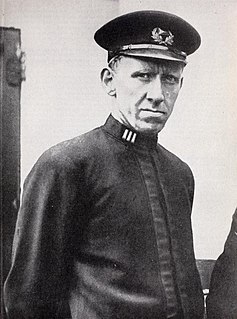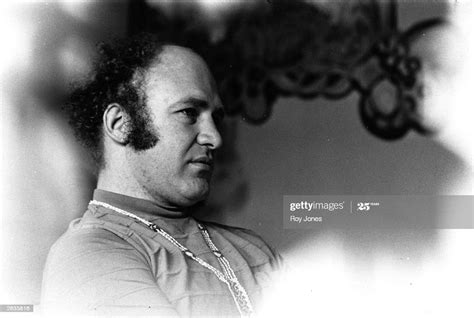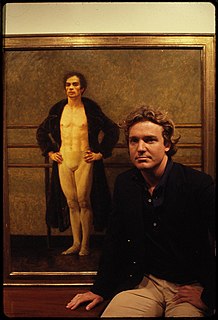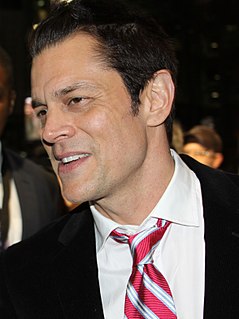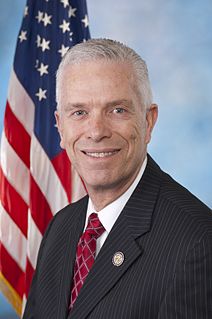A Quote by Winston Churchill
We have a lot of anxieties, and one cancels out another very often.
Related Quotes
Aesthetic value emanates from the struggle between texts: in the reader, in language, in the classroom, in arguments within a society. Aesthetic value rises out of memory, and so (as Nietzsche saw) out of pain, the pain of surrendering easier pleasures in favour of much more difficult ones ... successful literary works are achieved anxieties, not releases from anxieties.
Writing is not a great profession as a lot of writers proclaim. I write because this is something I can do. Another thing—very often I think a lot of writers write because they have failed to do other things. How many writers can’t drive? A lot. They’re not practical. They are not capable in everyday life.
We are opinionated society. We're very happy to spout forth our own views; we're not good about listening. We have to listen to other's stories. Learn to listen to the stories of the terrorists just as we hope that they will listen to ours because very often these narratives express frustrations, fears, and anxieties that most societies can safely ignore.
I've never been very comfortable as an actor looking out into the audience; I always like to keep my focus on the other person. When you start playing out to the audience, it takes me out of it, because people don't do that when you're in life behaving with another person - you don't often look out, around you, in a presentational manner.



